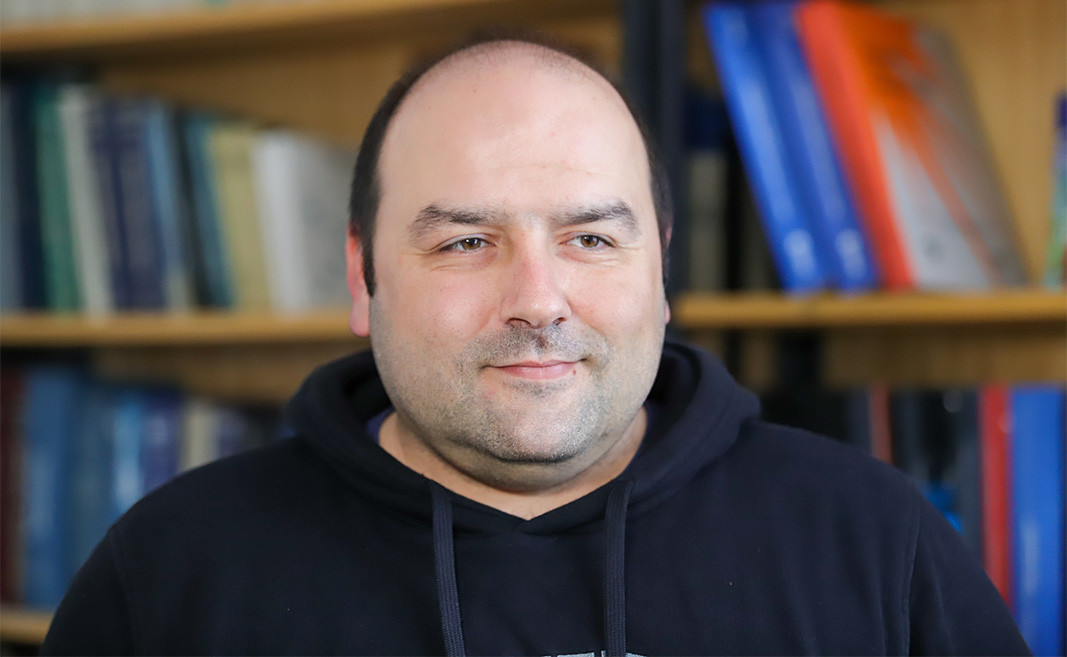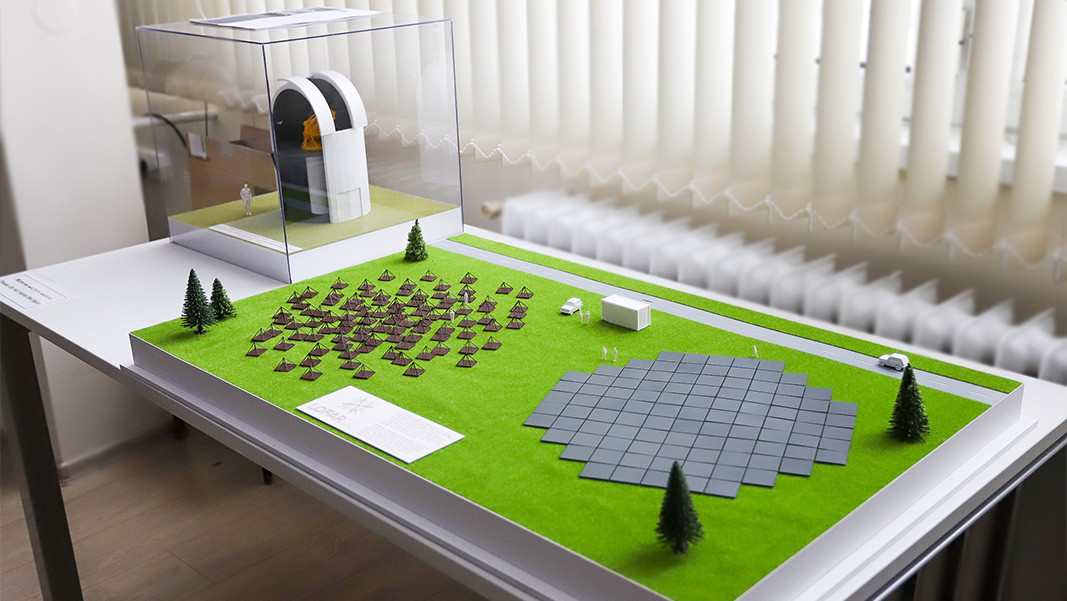"Each station has a large number of relatively simple radio antennas which, using modern technology, electronics and computers, can together observe the same objects in the sky - points out in an interview for Bulgarian National Radio Associate Professor Kamen Kozarev from the Institute of Astronomy with the National Astronomical Observatory at BAS. - If all these observing stations work simultaneously, the radio telescope can achieve very high resolution".
"In fact, with this telescope we can observe all sorts of phenomena from the universe's inception and the birth of the first stars to exploring our ionosphere and studying our own sun.Two more stations will be built by 2025. One will be in Bulgaria and the other in Italy, with our station being the first on the Balkan Peninsula and in south-eastern Europe in general. It will be the southernmost and easternmost radio telescope station, and the northernmost is in Sweden. The group of participating countries also includes Germany, France, Poland, the United Kingdom and Latvia".
The new observation station in Bulgaria will be built next to the Rozhen National Astronomical Observatory. Dipole antennas will be positioned on the site, which will be the size of a football field.

The project is funded by the Bulgarian government through the National Roadmap for Research Infrastructure. The station is currently under construction and details of where the antennas will be located are being carefully planned. According to Associate Professor Kozarev, Bulgaria has a tradition in optical astronomy, with a brand new optical telescope recently commissioned at the Rozhen Observatory, but researchers in the country have little experience of radio astronomy. Once the radio telescope is built, it will be able to work with the other stations as well as independently, allowing Bulgarian researchers to carry out valuable new research on different objects.
"The main interest of our radio telescope group is the study of the Sun and the activity in the ionosphere caused by solar activity.
We are currently recruiting specialists and building a very strong team. I dare say that it will be fully prepared for the modern technology and science of the 21st century. It is very important for us to keep up with modern scientific developments.The second edition of the Festival of Apiculture Products continues in Pleven. The exposition features honey and apiculture products, as well as honey cosmetics. The initiative for the event belongs to the regional apiary union and the Pleven..
During the night it will be cloudy with rainfalls in the western and central regions of Bulgaria, as snowfalls are possible in the high western areas. There will be almost no precipitation in the easternmost regions. The morning..
The average gross annual salary in Bulgaria in 2023 is 24,485 BGN (EUR 12,519) which is an increase of 15.3% compared to 2022, according to data from the National Statistical Institute. The highest wages are earned by those working in "Creation and..
The financial effect of our country's accession to Schengen by land will amount to BGN 1.63 billion (EUR 833.4 million) per year, according to a study..
The Ministry of Transport and Communications supports the idea of naming Sofia Airport after Vasil Levski– the most undisputed figure in Bulgarian..
On the occasion of World AIDS Day, observed on December 1, volunteers from the Bulgarian Red Cross Youth in Sofia will light tealights on the Lovers'..

+359 2 9336 661
